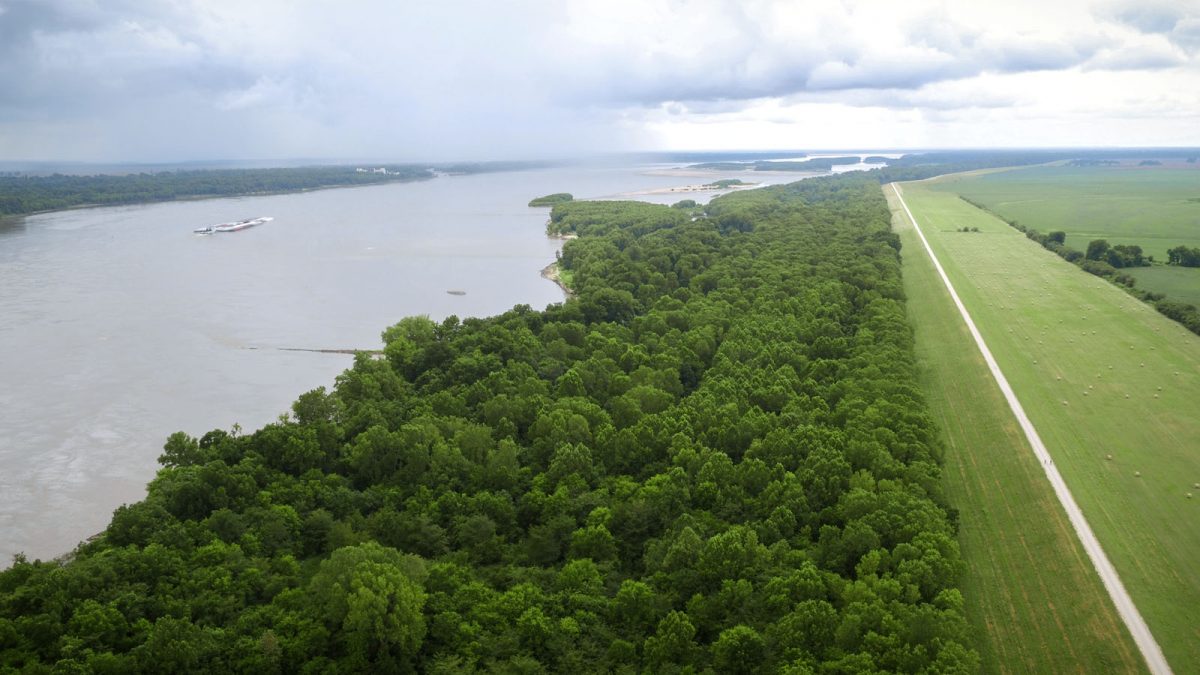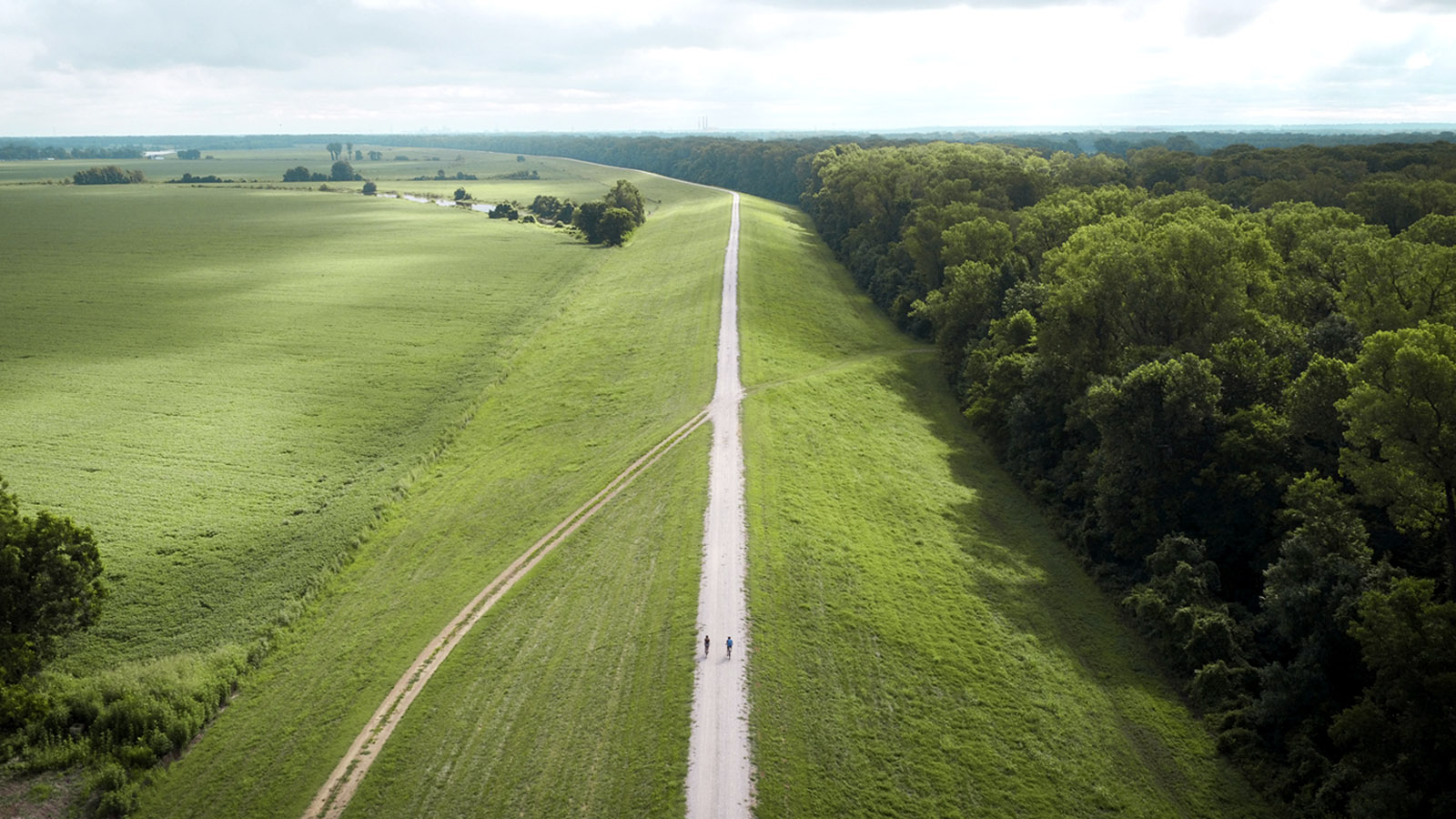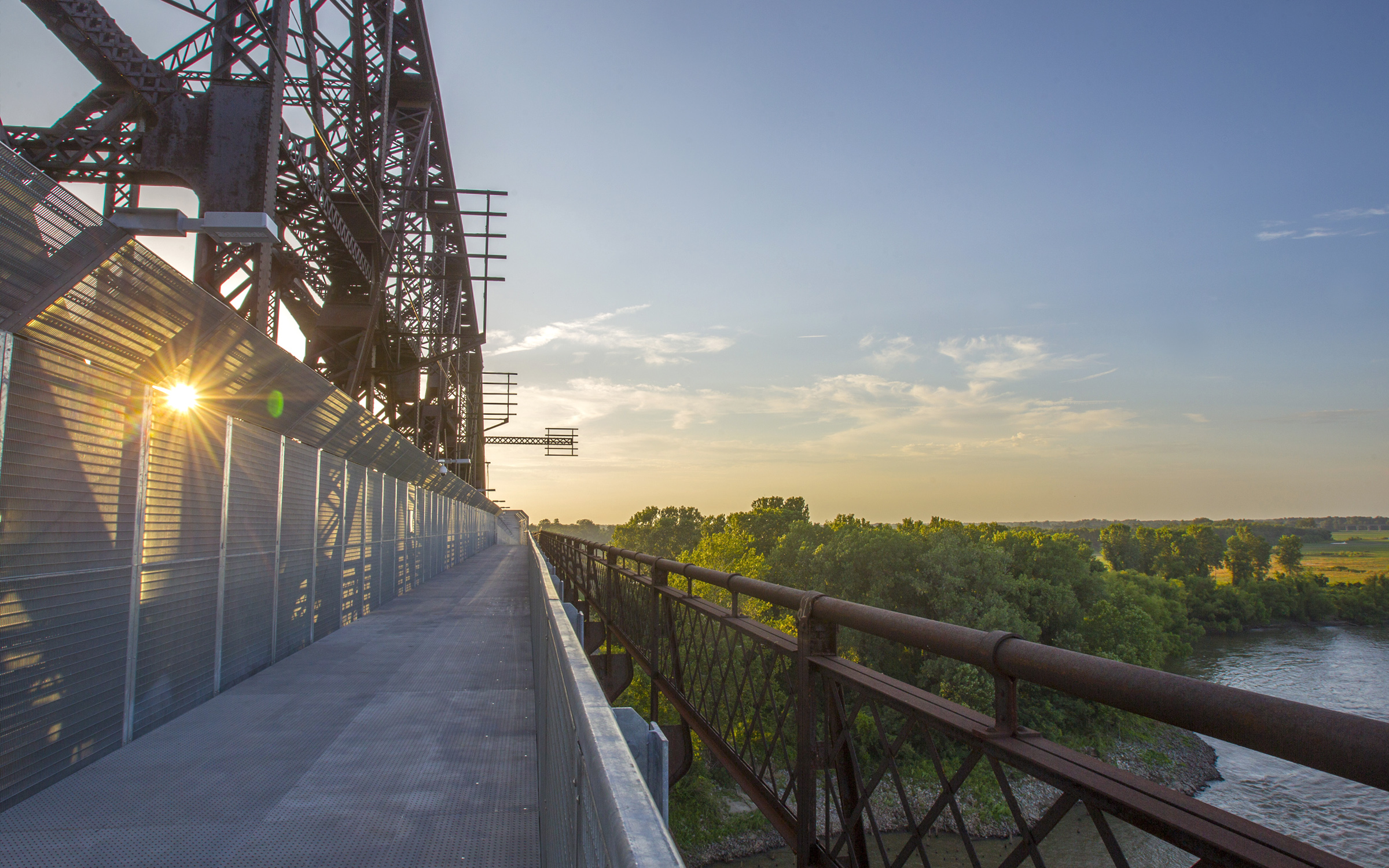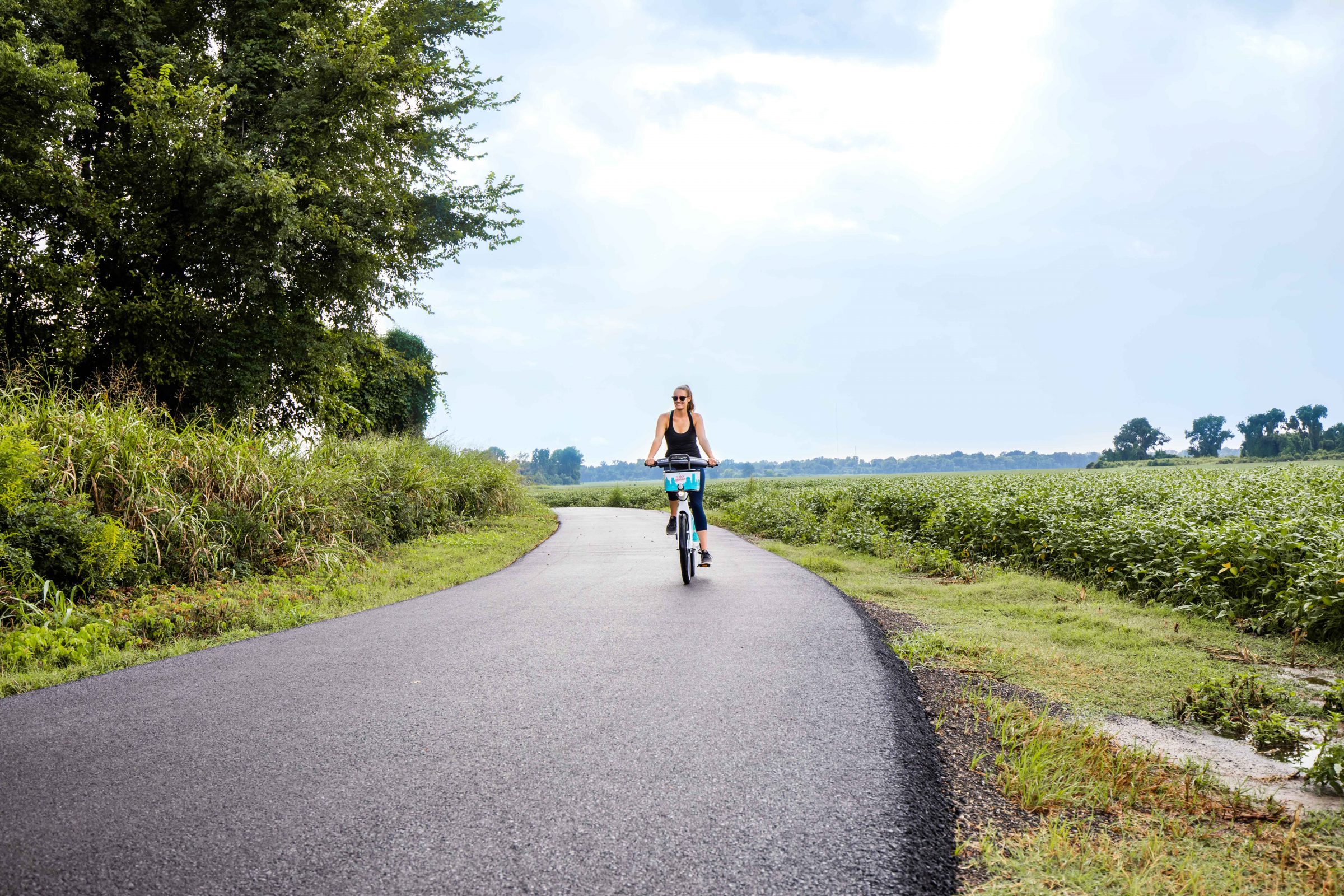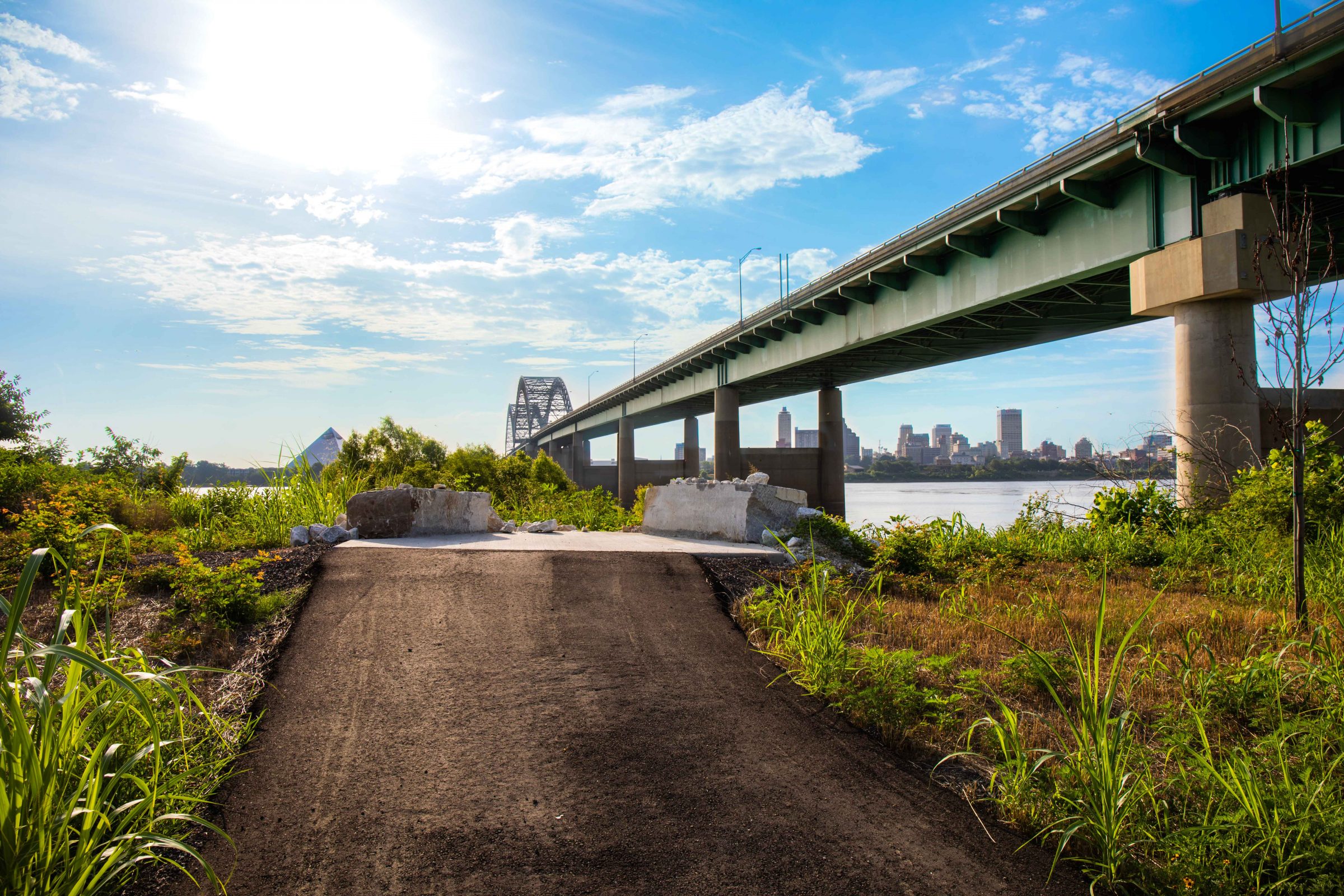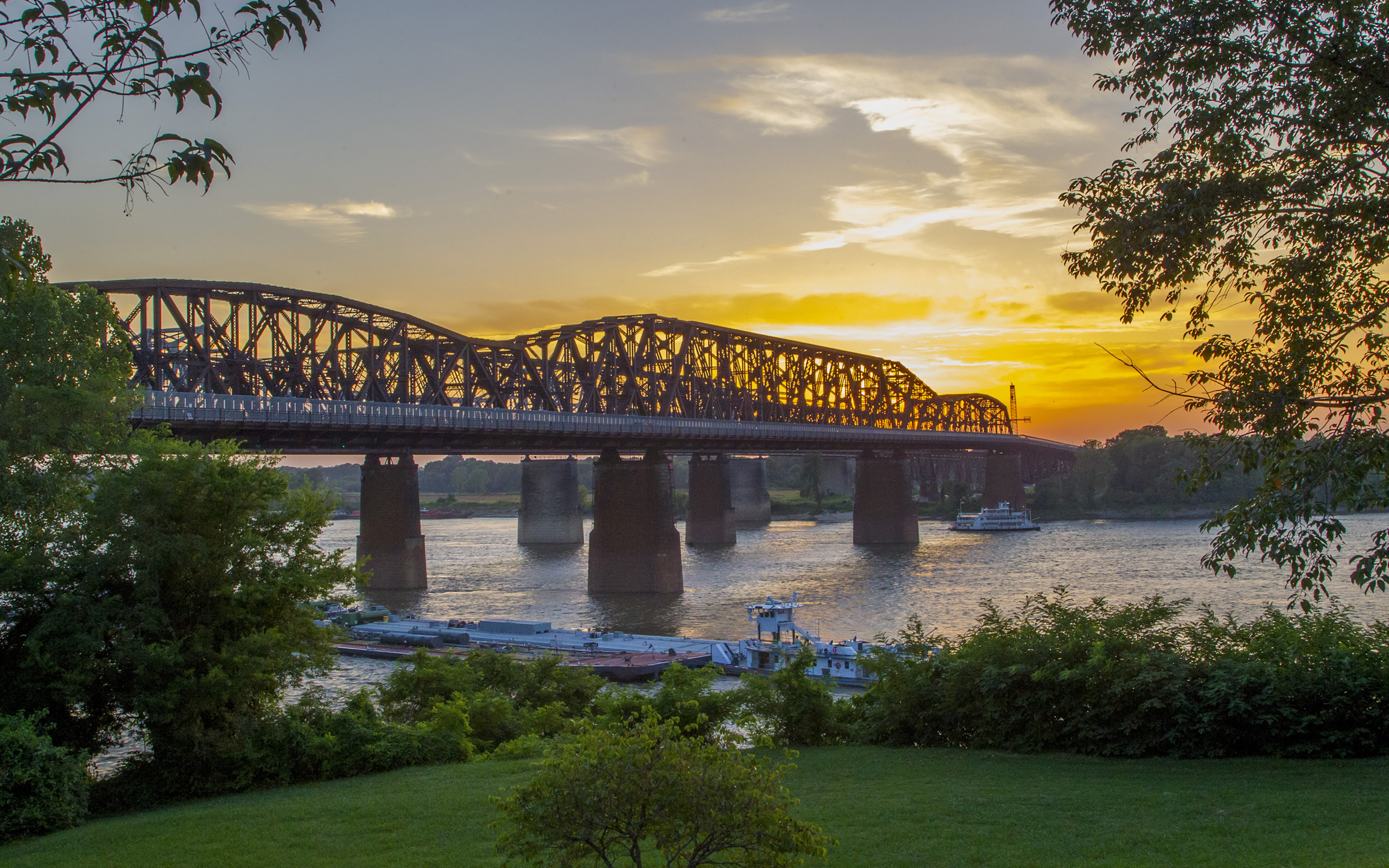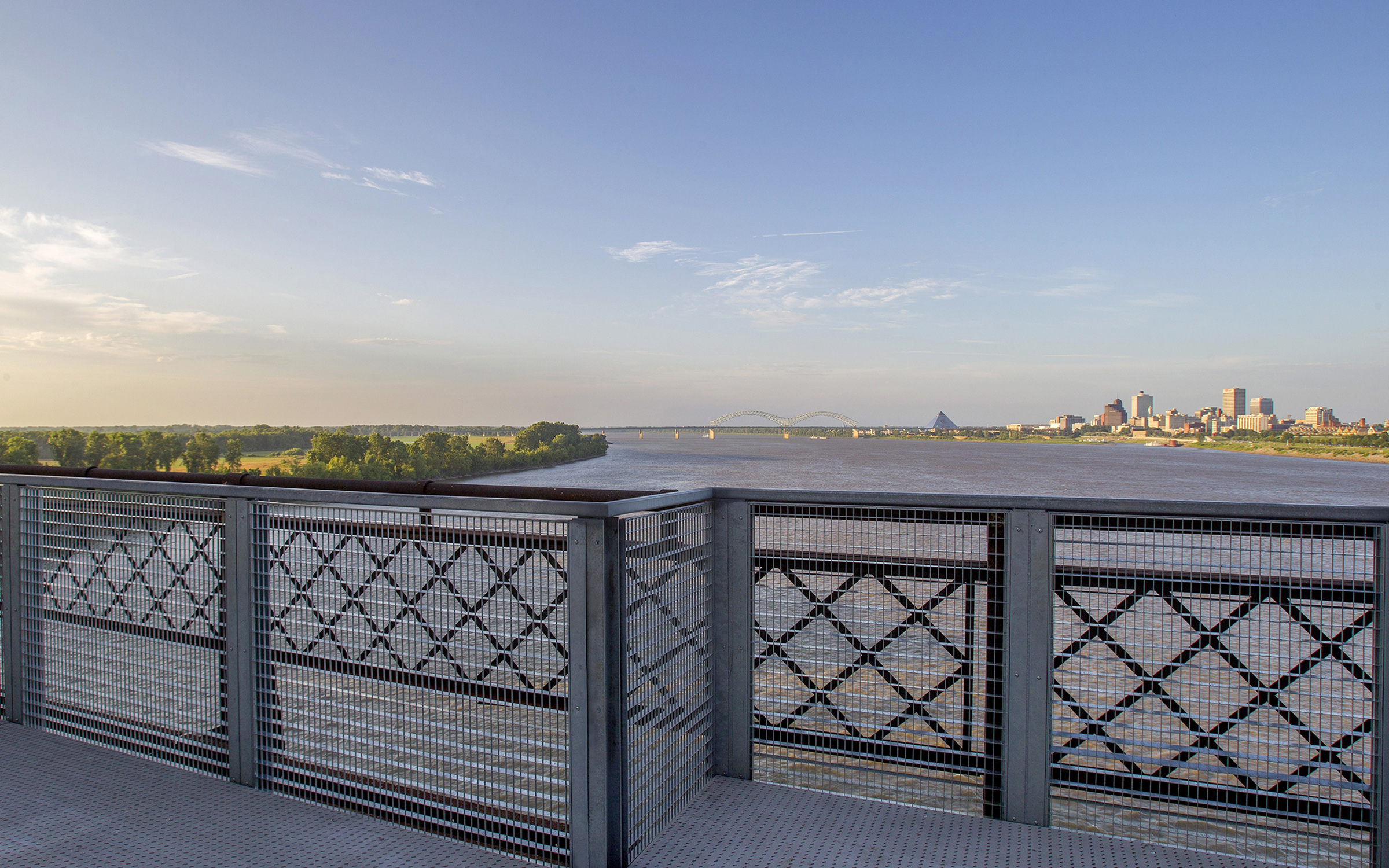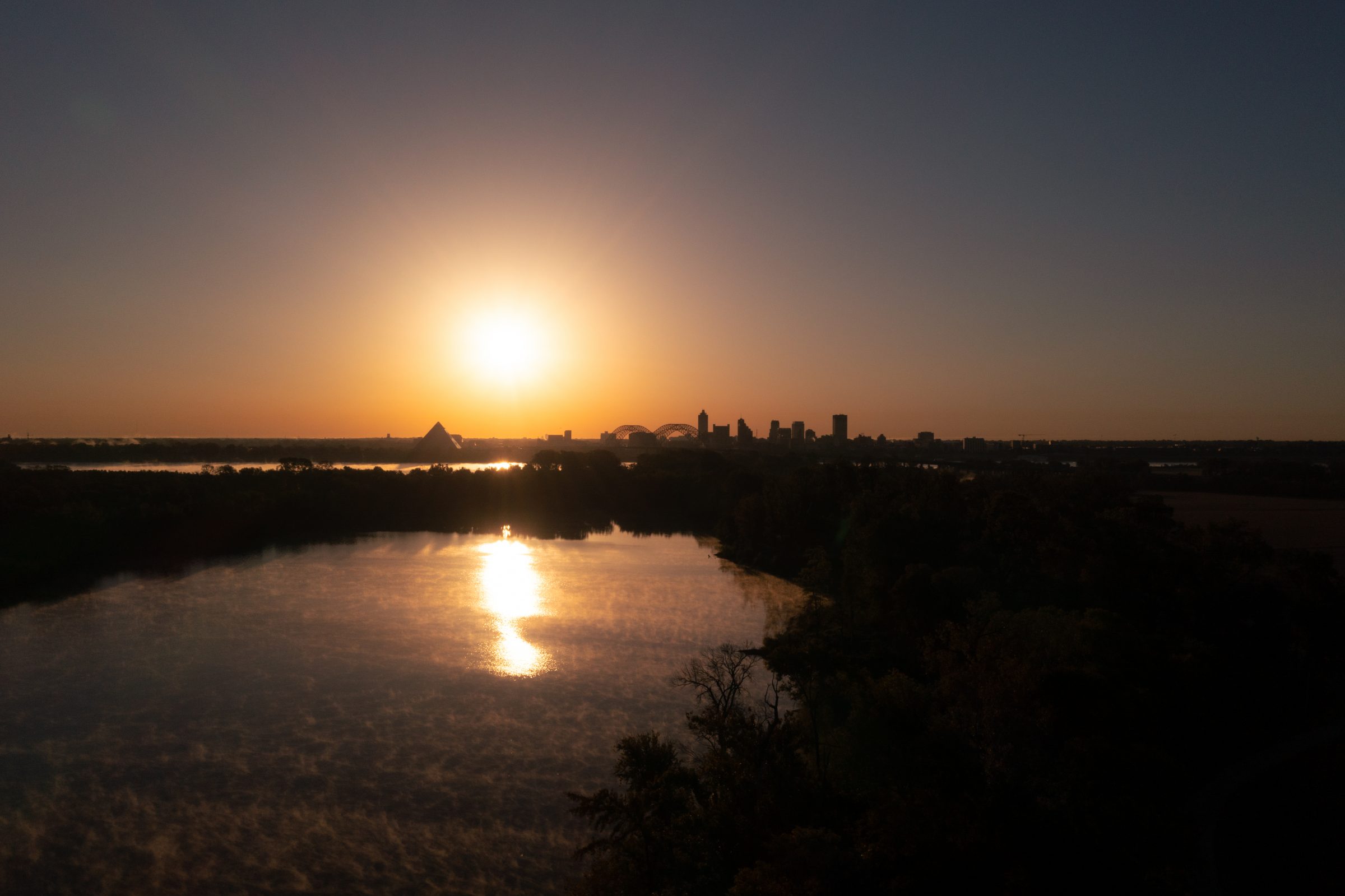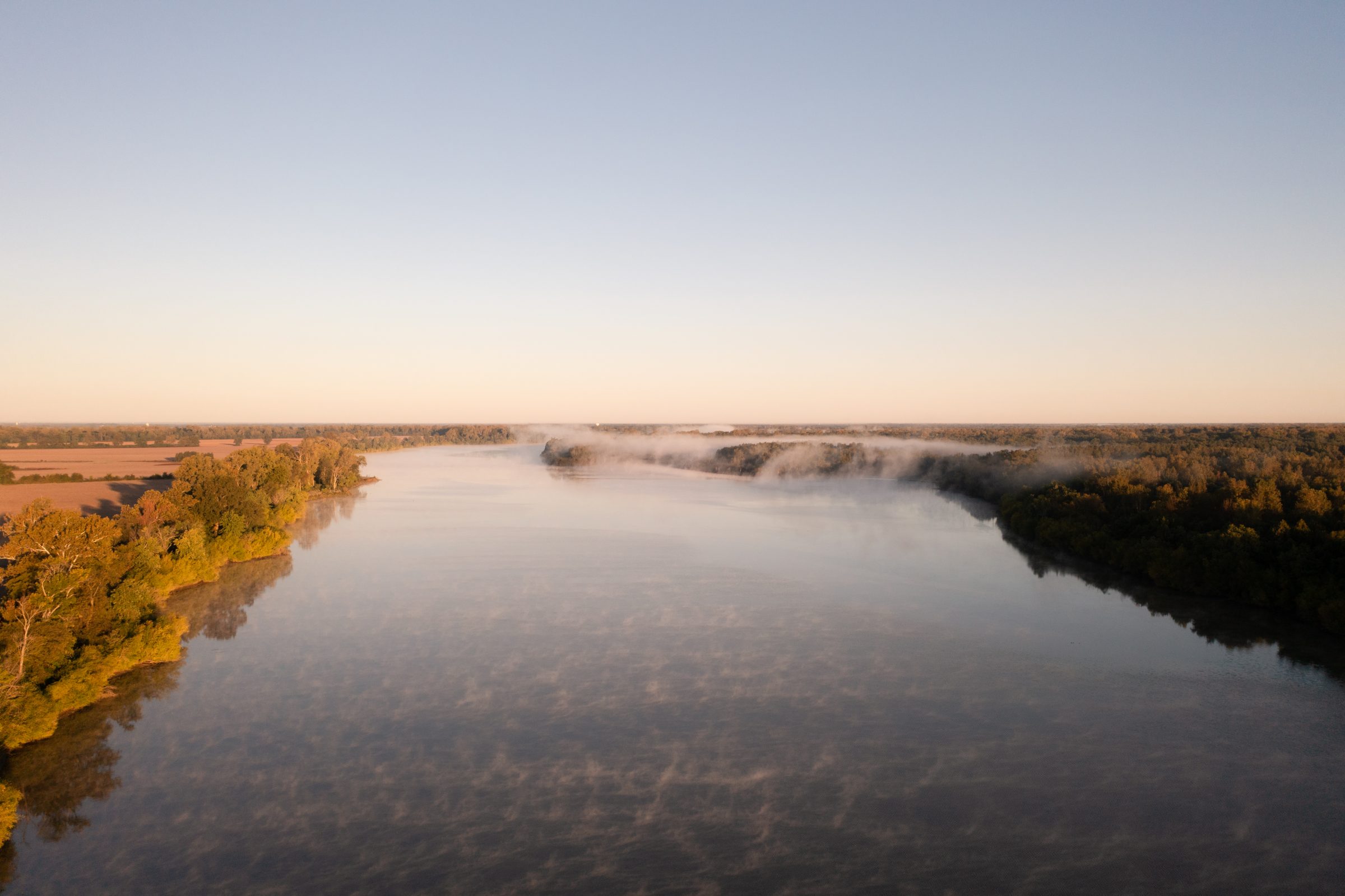A $1 million gift will establish Big River Park on about 1,500 acres of land along the west side of the Mississippi River.
The move will purchase land there now in the hands of multiple owners. That land is primarily between the Hernando De Soto Bridge and Big River Crossing on the Harahan Bridge. Buying the land and stitching it together will help ensure that it is conserved and protected for recreational and outdoor needs of the Memphis region.
The $1 million gift is from the First Horizon Foundation to create the park and the Big River Conservancy. That group will own and operate Big River Park as a publicly accessible nature preserve with recreational amenities. Its board will work with TennGreen Land Conservancy and Ducks Unlimited to protect the land from incompatible development and subdivision. The group will also encourage public access and permit the construction of trails and other park amenities.
“With the Mississippi River as one of our company’s environmental focus areas, we are proud to play a vital role in this initiative,” said Bryan Jordan, president and CEO of First Horizon Corporation. “This initiative and partnership will safeguard and conserve the land along the river as well as provide our community with opportunities to enjoy the beautified space.”
First Horizon was also an early sponsor of Big River Crossing, which opened in October 2016. Since then, many bikers and hikers have found their ways to the Big River Trail System, which includes more than 70 miles of riverside trails along the Mississippi River’s levee system. The conservancy said more trails are planned throughout the park, including some trails through the restored wetlands areas.
The project will also provide key environmental benefits. The wetlands and floodplains there have been converted for farming. Once they’re restored and as the level of the Mississippi River fluctuates throughout the year, the floodplain will absorb and hold the rising waters. In the process, the floodplain plants will filter pollutants, degraded farm soils, and debris from the floodwaters before returning cleaner water to the river.
